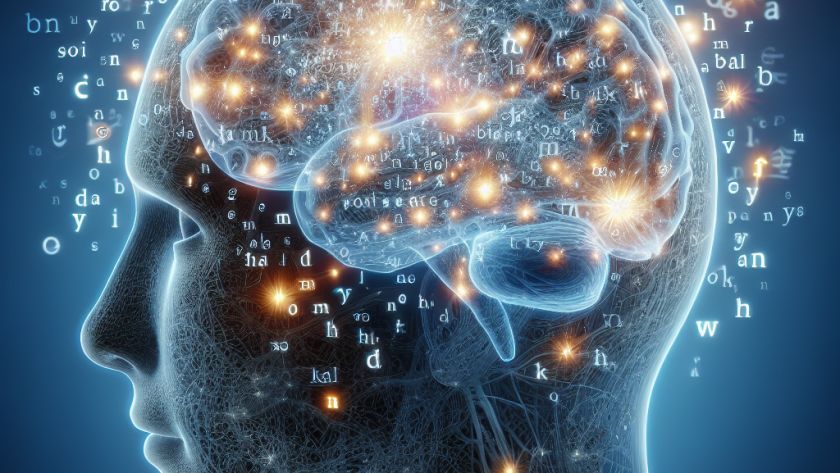A recent study from MIT has uncovered that the human brain's principal language processing centers are most activated while reading complex, unusual sentences. The artificial language network assisted study revealed that the more intricate a sentence was, either through unconventional grammar or unexpected meaning, the more these language processing centers were activated. In contrast, simple…





